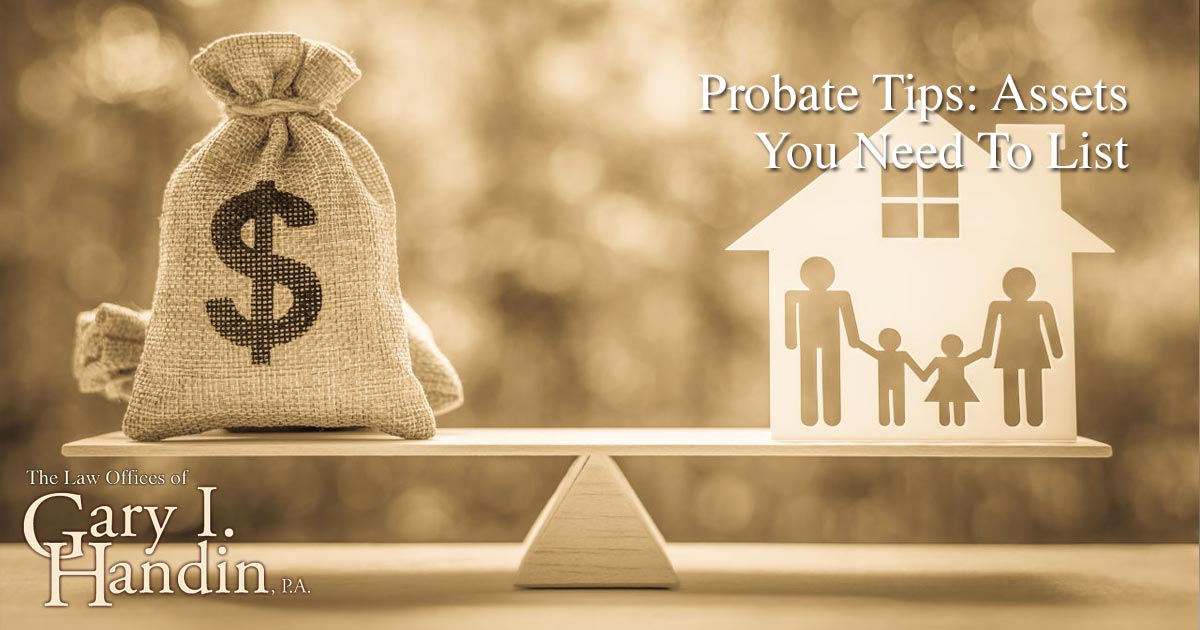
Life is busy. The day to day grind and keeping up with the rising cost of living and necessary debt like your mortgage often gives you little time to think about securing it for your loved ones. Nobody likes seeing their hard work go to waste, which is why you need to consider the validity of your last will and testament.
If you don’t have one yet, or are unsure exactly what a will entails, we are here to guide you and help you understand some of the things that you need to consider, such as probate, wills and trusts, and estate planning. We much prefer to deal with someone in person when it comes to any type of advice, and if you are the same feel free to contact our trusted estate planning attorney during normal business hours.
Breaking Down Probate
Today we are going to take a closer look at Probate. What it is, how to avoid it and how to deal with it simply and efficiently. Probate, according to Merriam-Webster is, “the judicial determination of the validity of a will.” What this means is that after a person dies, there is a legal process during which a person’s will is verified and a personal representative is assigned or if the person dies intestate (without a will) the relevant sections of the Florida state law are applied.
Once the personal representative is assigned and the will is deemed valid, he or she is then given the power of attorney to dispose of the person’s assets according to the stipulations of the document. This can be a lengthy process and costly to the estate, so some people prefer to avoid it or to simplify it. Unfortunately, it is not easily sidestepped, for good reason, since the validity of the will is crucial to the correct execution of your wishes.
Assets That Can ‘Escape’ Probate
Physical or monetary assets can be assigned without probate provided that they are jointly held, with survivorship rights. For example, a joint banking account held by husband and wife can automatically go to the wife (without probate) on the death of her husband, provided she has survivorship rights. If the survivorship rights are not clearly laid out, the account will be assumed to be held as tenancy in common which means it needs to go through probate. This is also true for other physical assets such as property or vehicles. If you are concerned that your real property might not be properly titled to avoid probate, consult an estate planning attorney about the possibility of utilizing a ladybird deed or other quitclaim deed.
Another type of asset that can be directly attributed to a person is when it already has a designated beneficiary (not listed in the will, this is actually part of the asset itself). A classic example of this is a life insurance policy with a clearly stipulated beneficiary. Other examples include bank accounts with a pay-on-death clause or stocks with a similar transfer-on-death stipulation.
Lastly living trusts are also exempt from probate. A trustee simply transfers the trust property to the listed beneficiaries. This is the only type of trust system that is exempt. Donating assets to a trust as stipulated in your will or creating a trust in your will both need to be probated.
So, in summary you can see that most assets that don’t need probating are those that have clear pre-existing bequests outside of the last will and testament. This does not mean that you don’t need a will; it is essential to ensure that all of your wishes are carried out correctly on your death and that you determine who gets your assets upon your death instead of it being determined by Florida statutes.
It brings great peace of mind to know that your assets will be given to your loved ones and your legacy will live on intact. The correct establishment and execution of your estate is no easy task, so feel free to consult us about any point, no matter how trivial. You can rely on our long history in Florida estate law to ensure that this process is no burden those you love.





